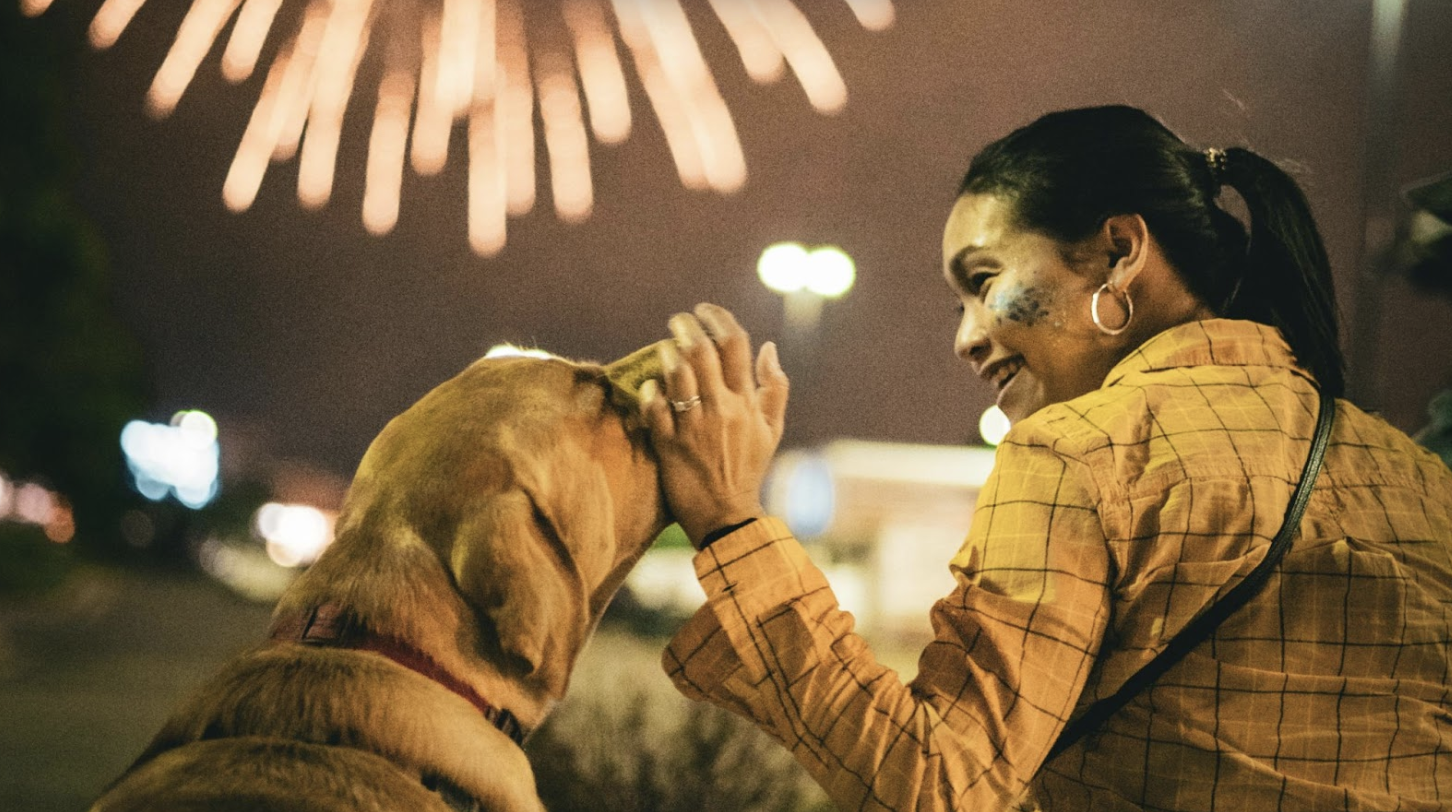Thinking of getting a puppy as a holiday gift for the family? No doubt it will excite everyone in the home, but it’s imperative you prepare and know how much work the journey ahead will require. Here are the top ten tips for introducing a new pup to the home around the holiday season!
- Of course, it should go without saying, do your homework to learn what type of dog would be the best match for your family .
- If you have young kids, I recommend 'gifting' the pet after the festivities. With all the other commotion going on, new puppies can be overwhelmed, and even though they may well be the hit of the party, it may be tough to compete with that new Lego set, the new video game, or that new dollhouse. The pup will get more deserved attention a few days later.
- I typically don't recommend giving a pet as a gift to someone else, unless it was discussed beforehand and it will be an expected gift. New pets should never be a surprise gift to someone who may not be expecting it!
- If you have an option to adopt from a rescue or a shelter over purchasing one from a breeder, please consider it.
5. Make sure to complete vaccines, start de-worming medications, and complete any other treatments which may be necessary before the day of gifting. It’s important to also have the dates of the administrations, as this information is critical to help your veterinarian advise you as to what may be needed to keep your new puppy healthy.
6. For the first week or two, try to feed the same food your puppy was being fed before he/she went home with you, to help minimize any gastrointestinal upset.
7. Puppy-proofing your home is a must! The younger the dog, the more potentially destructive he/she may be. Make sure to educate everyone in the family of where in the house the puppy is allowed to adventure—especially the kids.
8. House training is not always an immediate success. Make realistic expectations, stay positive— give plenty of positive reinforcement, and be patient. To keep your own sanity, it is best to keep your new dog confined at first, and walk him/her frequently. Work with your veterinarian to determine when it would be safe to start taking your dog out into the neighborhood.
9. Socializing your new pet is important—don’t wait too long to set up play with other dogs you know well, and that are well vaccinated and healthy.
10. It may take a while for your new family member to become acclimated to its new environment, so it is very important to have identification on them from the start—an I.D. tag, a Fi collar, and an up-to-date microchip are essentials.

